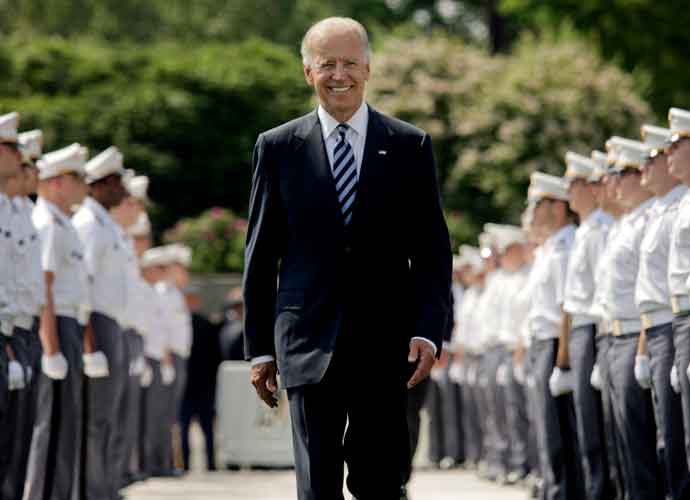Biden Leads In New Iowa Poll, Sanders, Warren & Buttigieg Trail Behind In 2nd Tier
In a recent Iowa poll, Joe Biden has an eight-point lead over his Democratic opponents. The poll also showed the creation of a second tier of candidates, occupied by Sen. Bernie Sanders (I-Vermont), Sen. Elizabeth Warren (D-Massachusetts), and Mayor of South Bend, Indiana, Pete Buttigieg.
Twenty-four percent of potential Iowa caucusgoers listed former Vice President Biden as their first choice for president, 16% listed Sanders, and 15% and 14% listed Warren and Buttigieg respectively. No other candidate has even managed to break double digits, with Sen. Kamala Harris (D-California) closest at 7%. former Texas Congressman Beto O’Rourke and Sen. Amy Klobuchar (D-Minnesota) are tied at 2%.
SLIDESHOW: TOP DEMOCRATS RUNNING FOR PRESIDENT IN 2020
“We’re starting to see the people who are planning to caucus start to solidify,” commented J. Ann Selzer, president of the Des Moines-located company Selzer & Co., which conducted this poll. “There’s a lot more commitment than we normally see this early. And some of these candidates who’ve been under the radar start to surface and compete with Joe Biden.”
Subscribe to our free weekly newsletter!
A week of political news in your in-box.
We find the news you need to know, so you don't have to.
In such a large field of candidates, many are having trouble breaking into the public sphere. Seven candidates only received 1% of voters’ support, and nine earned no support at all. Mayor of New York City Bill de Blasio and Mayor of Miramar, Florida, Wayne Messam, didn’t receive a single vote for either first or second choice as president.
While Iowa, one of the earliest Democratic primary caucuses, has historically been an important proving ground for any potential Democratic nominee, recent Democratic National Convention (DNC) debate regulations ensure that many candidates may not even last until the Iowa caucus. By requiring all debaters to garner 130,000 individual donors and 2% of voters’ support in order to participate in the second round of primary debates, the DNC has begun the process of winnowing down the massive field of candidates. Of the 23 candidates, only a handful have achieved or are on track to reach that bar, ensuring that many presidential hopefuls won’t even have the chance to make a televised appearance to the public, greatly reducing their chances of winning the Democratic nomination.
Get the most-revealing celebrity conversations with the uInterview podcast!








